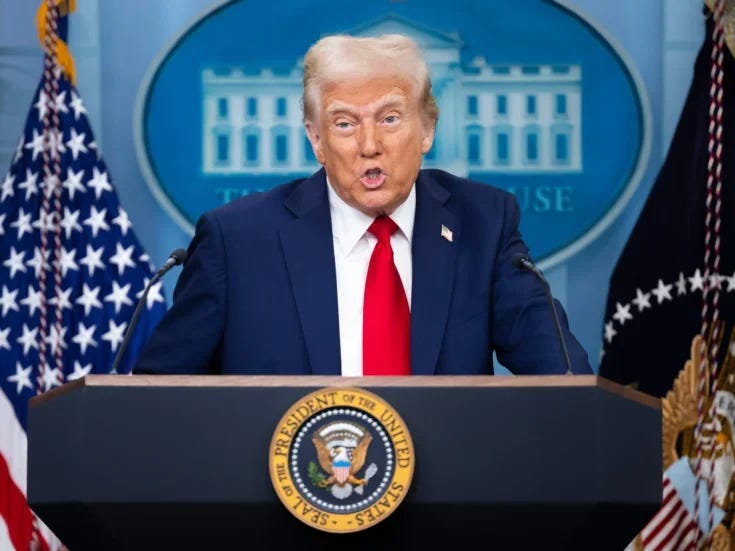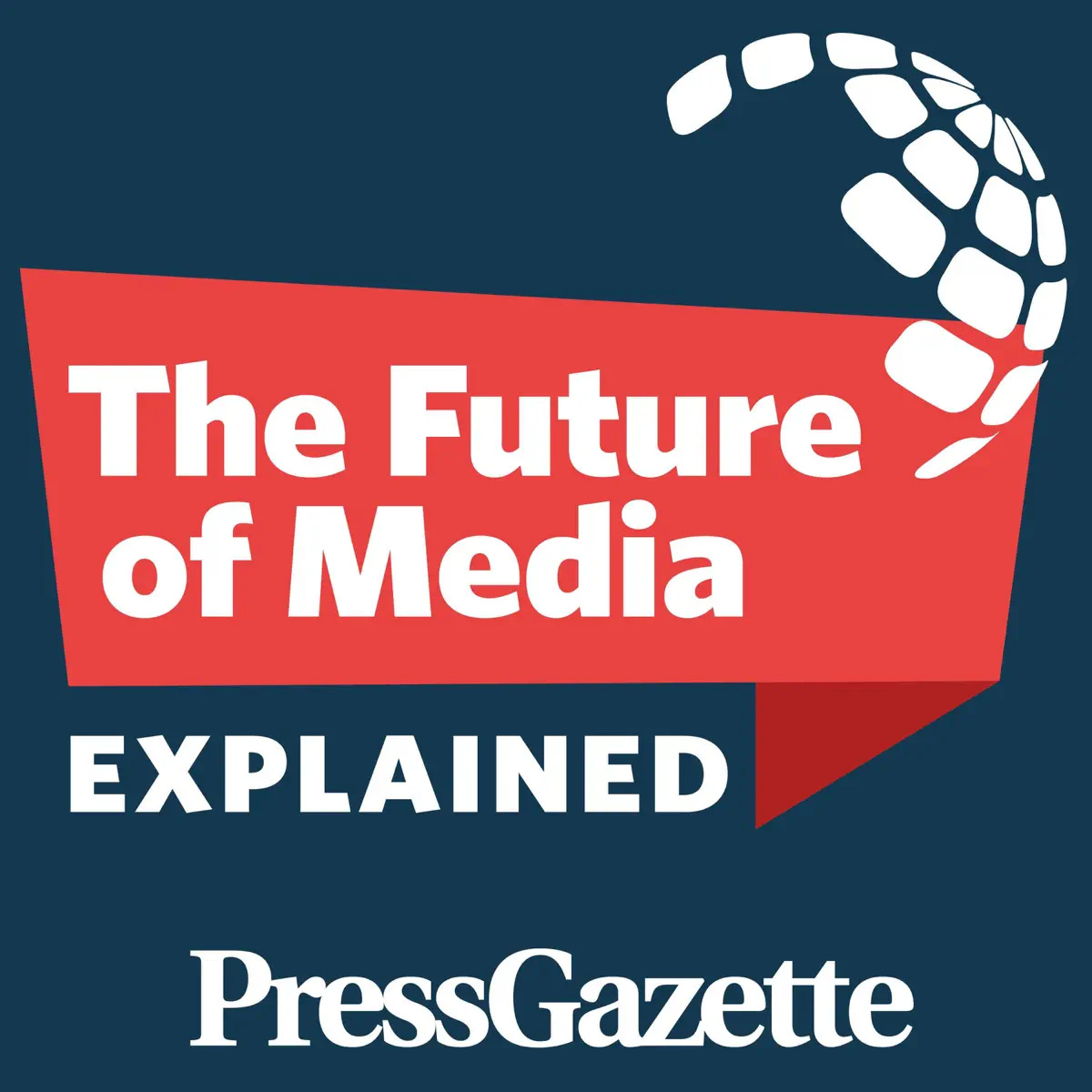Trump's trade war and the media | Why Economist is building a moat against AI
And former Evening Standard CEO Paul Kanareck explains the ways AI could pave the way to more newsroom investment
Good morning and welcome to your weekly Future of Media update from Press Gazette on Thursday 10 April, brought to you today in association with Arc XP’s Connect London 2025.
I'm sorry to report that Trump II spells worse news for publishers than just triggering a global recession.
He presents a threat to the news industry revenue by placing Meta, Google and others behind the America-first shield.
This is the view of US-based president of the International News Media Association Earl Wilkinson, speaking to Press Gazette ahead of the group's World Congress in New York next month.
With billions worth of UK car exports on the line, don't expect the long-promised regulation of Facebook and Google to happen any time soon in the UK. More Australia and Canada-style deals between rapacious tech giants and squeezed national/local news industries may have just been kicked down the road.
His big take-home for publishers is: stop relying on the tech platforms and focus on building direct relationships with your readers.
It’s a theme that president of The Economist Luke Bradley-Jones picked up on when he spoke at Press Gazette's recent US conference.
When it comes to the threat posed to publishers by generative AI companies, he said he plans to defend a castle built on payments from 1.2 million subscribers by digging a bigger moat. That means investing in content and experiences that can't be replicated by ChatGPT.
And finally, former Evening Standard CEO Paul Kanareck writes for us offering an optimistic view on the impact of AI technology on journalism.
Developers, coders and IT folk have long been one of the biggest cost lines for many publishers. AI could level the playing field on tech development and also make it much cheaper, freeing up cash for journalism (i.e. digging that moat).
From our sponsor:
Join Us at Connect London 2025 – The Media Revolution Awaits!
The media landscape is changing, and Arc XP Connect London 2025 is where you’ll discover how to stay ahead. On April 23rd at The Treehouse Hotel London, we’re bringing together leaders from across media, publishing, and broadcasting to explore the seismic shift towards Audience 2.0.
What to Expect: Cutting-edge Innovation: Learn how Arc XP is revolutionizing audience engagement with AI, data analytics, and immersive content experiences.
Expert Insights: Hear from industry leaders like Matt Carter (AWS) and Marcel Semmler (Bauer Media) as they discuss the future of AI in media.
Networking & Collaboration: Connect with top decision-makers and gain actionable insights on audience personalization, content delivery, and digital transformation.
Ready to revolutionise your audience engagement?
Don’t miss this opportunity to learn, collaborate, and innovate with us at Connect London 2025.
On Press Gazette:
Trump’s threat to global media is more wide-ranging than just a trade war
INMA CEO Earl Wilkinson lays out Donald Trump's threat to news media globally.
Economist president Luke Bradley-Jones on building a moat to defend against AI
Luke Bradley-Jones took over as president and MD of the 183-year-old business brand last year.
Comment: Why AI could see investment flow back to newsroom from the IT department
Former Evening Standard CEO Paul Kanareck considers the practical opportunities stemming from AI in publishing.
Also in Press Gazette this week:
Dow Jones spikes NUJ negotiations to recognise News UK-funded ‘News Union’
Dan Wootton accused of ‘catfishing’ former colleague, court hears
PR industry alarmed at rise of fake commenters exposed by Press Gazette
Gen Z outlet says it proves young people will pay for news done the right way
Virtual reality: The widely-quoted media experts who are not what they seem
Daily Mail and New Scientist sign IP deal with SMG for films and TV shows
Latest podcast: Jim Mullen's legacy at Reach | Value of news to Google | Sun losses, Times profits
Press Gazette's editorial team share their insights into big stories from the world of news. Charlotte Tobitt talks us through the latest News UK accounts, which show losses at The Sun shrank in the year to June 2024 while The Times reported a £60m profit.
We react to news that Jim Mullen, the divisive CEO at Reach, is stepping down. And Bron Maher looks at the arguments and counterarguments being made by publishers and Google over what news is really worth on its platforms.







